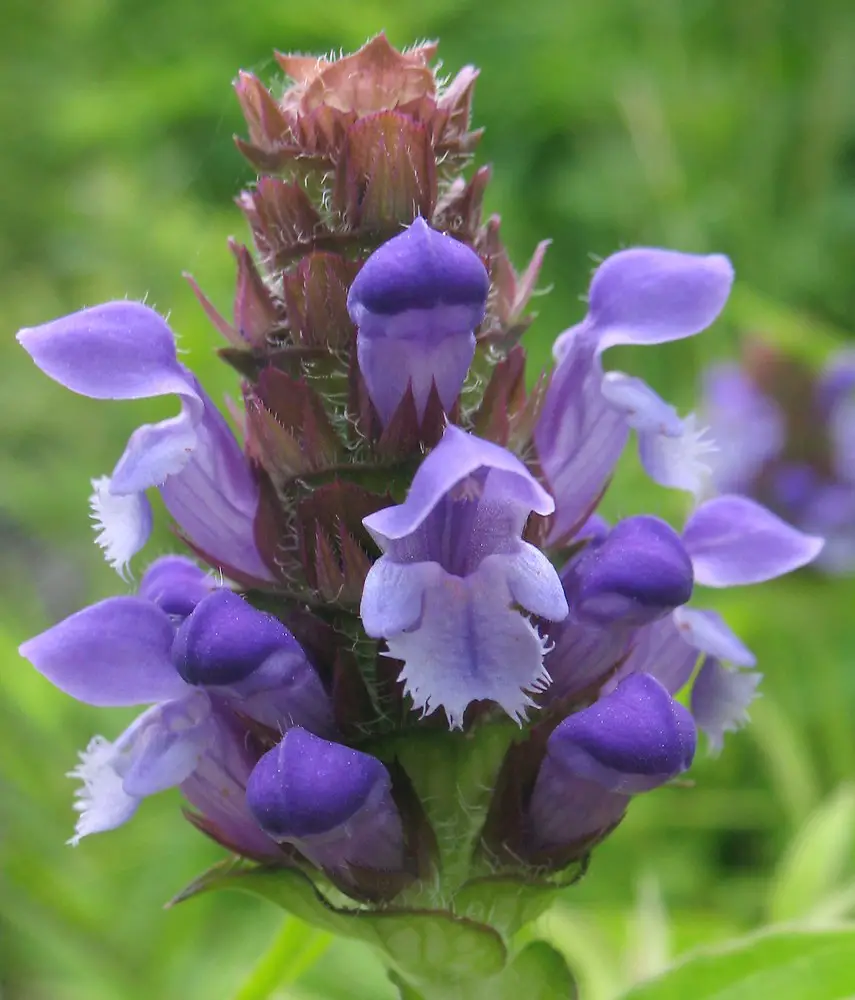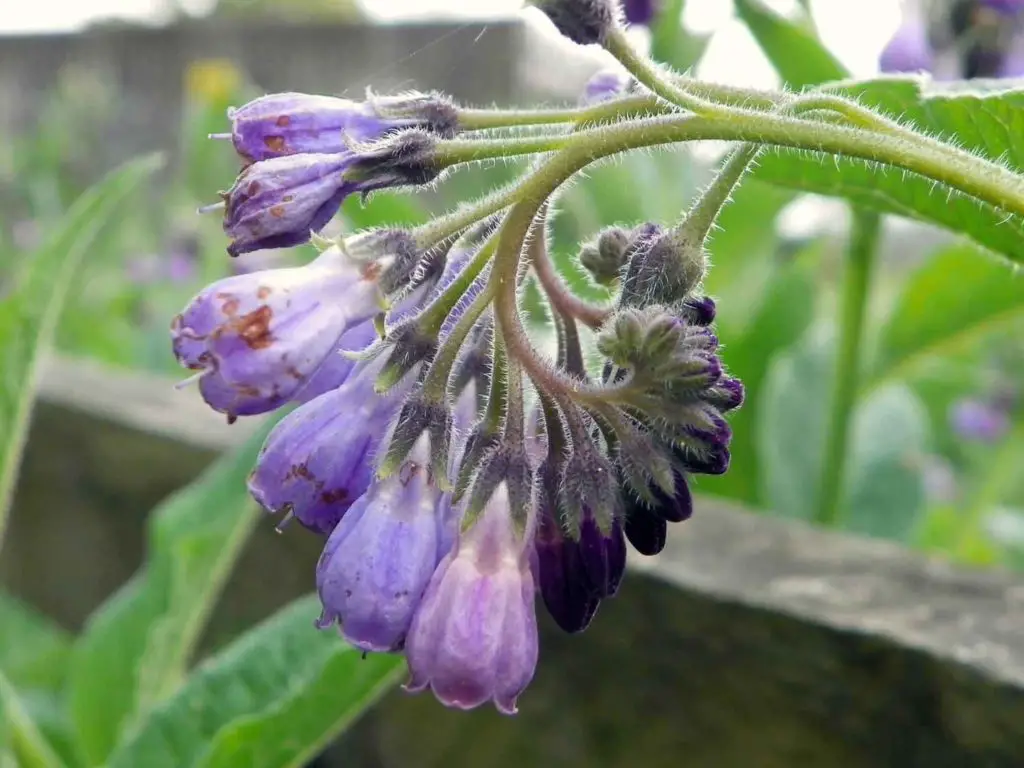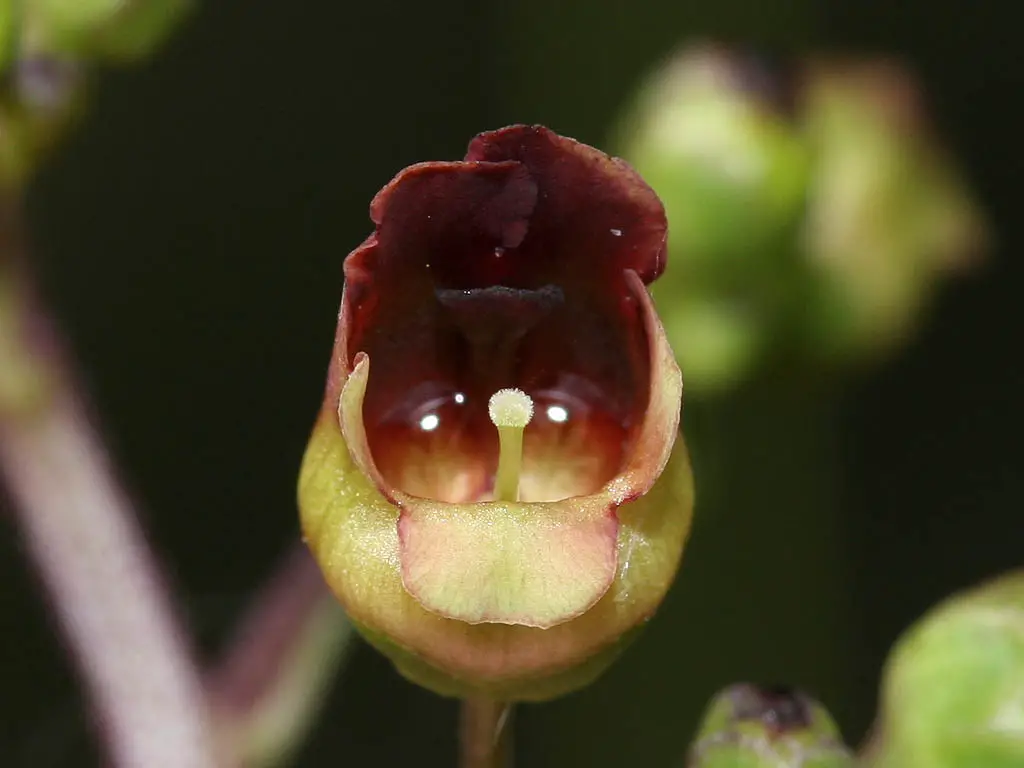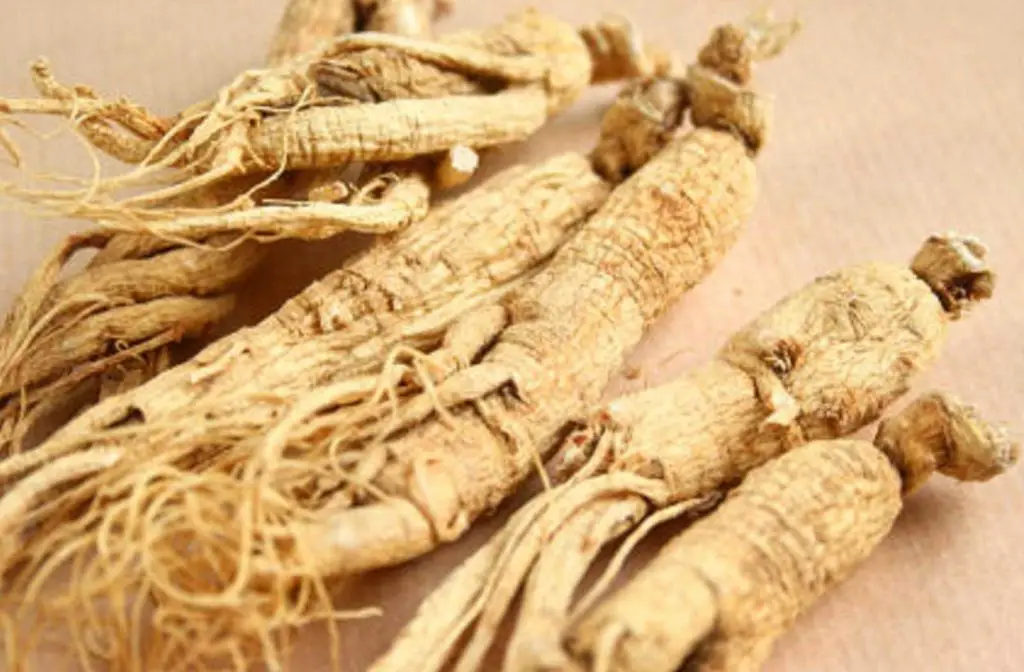What is Prunella Vulgaris?
Prunella vulgaris is a flowering plant that is also known by the names Common Self-Heal, Xia Ku Cao, All Heal, Woundwort, Heart-of-the-Earth, Blue Curls, and Carpenter’s Herb. It is commonly called Self Heal because the botanist Nicolas Culpeper wrote, “when you are hurt, you may heal yourself” in the 17th century. The plant can grow up to 12 inches tall and possesses purple, tubular flowers that grow in a club-like cluster. It grows best in temperate climates and can be found in North America, Europe, and Asia.
All parts of the plant are edible and may be consumed in different ways. It is commonly boiled to make a tea, but it may also be incorporated into soups and salads. Prunella can also be incorporated into a poultice and applied topically. It is said to have a subtle bitter taste when consumed raw, and while many people think the taste improves when cooked, but the plant loses many nutrients throughout the cooking process.
Most studies conducted so far have only taken place on isolated cells or on small-scale animal studies. However, Prunella vulgaris has a long history of as a traditional medicine in the areas where is grows naturally. Ancient Chinese medicinal practices describe the plant as having the ability to change the course of a chronic disease.
Traditional practices typically use the plant for topical uses. However, there are some benefits that have been confirmed scientifically when taken orally. Aside from having many specific health and medical benefits, Prunella vulgaris is also packed with many essential vitamins and nutrients, making it a great health food in general.
Prunella Vulgaris Benefits and Uses
Herpes
Preliminary research has been conducted which suggests that Prunella vulgaris may have some benefit for both genital herpes and cold sores. In 2004 a study identified a polysaccharide that reduced the expression of the herpes virus in an in vitro study, and the researchers who conducted the study suggested that the plant may have a future use as anti-herpes virus drug. The effects of the plant were later tested on guinea pigs in a 2007 study. In that experiment, guinea pigs with herpes skin lesions were treated with a skin cream that contained plant extracts, and at the end of the study period the skin lesions showed significant improvement. In this study, it was determined that Prunella vulgaris works by inhibiting viral binding and penetration into the host cells. While human clinical trials still need to be conducted, these initial studies show promising results with implications for human health.
Acne
While scientific research is lacking for the effects of Prunella vulgaris on acne, large epidemiological studies have been conducted that show a correlation between using the plant and acne treatment. This is usually the first step towards performing true scientific studies, so it is likely just a matter of time before experiments are conducted. However, despite the lack of studies, many people claim using Prunella vulgaris either topically or through ingestion can help to treat acne. Other studies suggest that Prunella vulgaris acts as both an antiviral and an antibacterial, so its use as an acne treatment may have something to do with those benefits.
Estrogen
Some research suggests that Prunella vulgaris has an anti-estrogen effect. An in vitro study conducted in 2014 showed that after treatment with plant extracts, the estrogen-responsive protein GREB1 decreased. This response suggested that Prunella vulgaris may have use as a cancer treatment for estrogen-dependent tumors. In 2009, this was also tested for cancer of the endometrial lining in an animal study. In that study, mice who were given endometrial cancer implants were then treated with a tea made from Prunella vulgaris. At the end of the study period, the cancer cells decreased significantly. Both of these studies suggest that Prunella vulgaris may be a useful complimentary treatment for women with estrogen-based cancers, and along those same lines Prunella vulgaris may also prevent the development of estrogen-based cancers.
Antiviral
As shown in the above section, Prunella vulgaris may be able to treat the herpes virus. Additionally, the plant may also help to treat other viruses as well. Aside from herpes, Prunella vulgaris has shown to have an effect on the HIV virus. In 1992, one study showed that extracts taken from the plant were significantly able to inhibit the replication of the HIV virus in isolated cells with relatively low toxicity, however, the extract did not prevent the infection from occurring at all. Those results were also replicated in similar studies conducted in 2002, 2004 and 2011. While more research is needed, other viral treatments may also benefit from the incorporation of Prunella vulgaris.
Hyperglycemia
In 2007, a study was conducted that showed Prunella vulgaris has an antihyperglycemic effect. This study was conducted on mice with induced diabetes, and a treatment containing plant extracts was administered to the rats in four doses. Dosage was dependent upon the weight of the individual rats. Approximately 30 minutes after each dose was administered, the mice showed to have suppressed blood-glucose levels, and insulin levels were not affected during the process.
Diabetes
The study described above dictates that Prunella vulgaris can reduce blood sugar, benefiting people suffering from diabetes. Another study was conducted in 2012 that also suggests the plant may help those with diabetes in another way. In that study, mice with induced diabetes were also treated with extracts taken from Prunella vulgaris. After the treatment, this group of mice showed reduced blood sugar as well as inhibited development of atherosclerosis. Atherosclerosis, the fatty buildup within the arteries, is another common problem for people with diabetes. Further research may also show other benefits for diabetics.
Gingivitis
Of its many uses, Prunella vulgaris may also support good dental hygiene, and there are several studies that support this. In 2004, a study was conducted on 40 volunteers in a double-blind clinical trial over a period of 84 days. Three checkups were performed on the volunteers over the course of the study in which the amount of plaque and papillary bleeding were assessed. Based on those parameters, those volunteers given the treatment showed a significant decrease in gingivitis than those volunteers who were just given the placebo. In 2009, another study was conducted on isolated cells with gingivitis, and that research showed that extracts taken from the plant reduce inflammation and prevent plaque formation that would cause gingivitis.
Immune System
Not only does Prunella vulgaris act as an antiviral supplement, but it also may have antibacterial compounds. A study conducted in 2005 suggested that many polysaccharides that also prevent the replication of viruses may also have an immune stimulating response that can ward off the spread of harmful bacteria. Based on the production of those antiviral and antibacterial compounds, Prunella vulgaris may prove useful for many conditions including autoimmune diseases, digestive issues, and even cancer (as described in the section above). More research is needed on both animals and humans, but the initial discovery of those compounds and how they work is very promising.
Prunella Vulgaris Dosage
Prunella vulgaris can be used an administered in many ways from a tea, tonic, or infusion to a topical treatment like a cream. It can even be consumed whole and incorporated into cooked meals.
In general, a dosage of 10-15 mg is advised in supplement, pill, or powder form. If not used in combination with other treatments, dosage should be doubled.
Some suggest drinking one cup of tea made from Prunella vulgaris a week can treat acne. Drinking three cups per week is suggested for severe acne. One teaspoon of dried herb can be mixed with one cup of boiling water to make an infusion. Tea can also be used as a mouthwash.
Fresh cut leaves can be applied to wounds or used as a dressing for smaller nicks, cuts, scrapes, and bruises. Creams are also available to treat topical conditions. If you purchase a Prunella vulgaris cream, follow all instructions indicated on the container. Essential oils made from Prunella vulgaris can also be purchased and incorporated into your own lotions or soaps.
Regular consumption of whole plant material is good for preventative care and body maintenance.
Prunella Vulgaris Side Effects, Safety, Dangers and Warning
Prunella vulgaris is generally considered safe for people of all ages. However, the effects are not known for women who are pregnant or breastfeeding; thus, it is safest to avoid in those instances. Many of the effects of Prunella vulgaris have not been tested yet, so there may be effects not yet noted for this plant.
Drug interactions are not known at this time, but there are a few conditions that may have supposed drug interactions. Because of its effects on blood sugar, Prunella vulgaris should be used with caution for people with diabetes or those with low blood sugar as it may interfere with diabetes medications. Additionally, it may interact with herpes medications. Consult with a doctor first if you have either of these conditions before using Prunella vulgaris.
Minor side effects include dizziness, constipation, and general weakness and fatigue.
Tests conducted on rats and dogs confirm that Prunella vulgaris does not have toxic effects on the liver, kidneys, or other major organs.
References:
https://www.ncbi.nlm.nih.gov/pubmed/15702244
https://www.ncbi.nlm.nih.gov/pmc/articles/PMC5542033/
https://www.sciencedirect.com/science/article/pii/S0378874104001333?via%3Dihubhttps://www.ncbi.nlm.nih.gov/pubmed/14595592
https://www.sciencedirect.com/science/article/pii/S0166354299000534?via%3Dihubhttps://www.ncbi.nlm.nih.gov/pmc/articles/PMC3856017/
https://www.sciencedirect.com/science/article/pii/S0887233308003159?via%3Dihub





